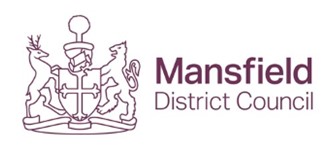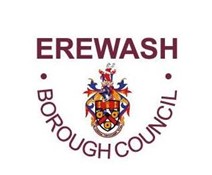Companies, universities and others in the D2N2 Local Enterprise Partnership’s area involved in finding better ways of using energy met with a Business Minister to discuss the sector’s future.
Business Minister Claire Perry MP (pictured right of photo in green) met with D2N2 area representatives from Rolls-Royce, Toyota, Chinook Energy, SMS Electronics and WeGo Couriers; Nottingham, Nottingham Trent and Derby universities; East Midlands Chamber, the Confederation of British Industry, the Institute of Directors, the Energy Research Accelerator (ERA) and Midlands Innovation; and Derbyshire County and Nottingham City councils. The meeting at the University of Nottingham’s GlaxoSmithKline Carbon Neutral Laboratory yesterday afternoon (July 24) was arranged by Ms Perry’s Department for Business, Energy & Industrial Strategy (BEIS) and the D2N2 LEP; with LEP Chair Peter Richardson and Chief Executive David Ralph also at the meeting.
D2N2 is the private sector-led Partnership of business, local authorities, skills and training providers, and community and voluntary services promoting economic and jobs growth across Derby, Derbyshire, Nottingham and Nottinghamshire. Among its eight key sectors is ‘low carbon technologies’, and it uses its Government and EU funding allocations to promote its area as a leader in sustainable energy research and products.
Ms Perry’s visit to Nottingham came on the same day as Business Secretary Greg Clark launched the £246million ‘Faraday Challenge’ to boost UK expertise in battery technology.
This included a £45m ‘Battery Institute’ competition – led by the Engineering and Physical Sciences Research Council – to bring the best minds and facilities together to establish a centre for battery research, to make the technology more accessible and affordable. Further measures would also be brought in to boost battery technology research and development, said Mr Clark.
Professor Philip Nelson, Chief Executive of the Engineering and Physical Sciences Research Council (EPSRC), added that battery technology could “form a cornerstone of a low carbon economy”; in cars, aircraft, consumer electronics, and district or grid power storage.
Ms Perry was appointed as a Business Minister last month (June) – among her special responsibilities are climate change, carbon budgets, and energy efficiency – and had wanted to meet with D2N2 area companies and organisations involved, in different ways, in energy production or the low carbon economy.
David Ralph, D2N2 Chief Executive, said: “We had a spirited discussion about energy efficiency and sustainability, the key priorities of our area and how D2N2 could contribute to the implementation of the Government’s Industrial Strategy. The Minister was interested in the expertise being built up in Nottingham and the wider D2N2 area, in this sector.
“Moving the LEP area’s economy to a more sustainable, low carbon approach is one of our key aims. It not only benefits all communities, by making the area a healthier and more attractive place to live; but also presents us with a business opportunity of creating clusters of new, hi-tech ‘green technology’ firms. We are supporting exactly this kind of growth through funding programmes, such as our EU funding streams.”
For more on the Government’s battery technology drive see the Gov.Uk website link HERE.
More information on how D2N2 is supporting its low carbon technologies key sector is on its website at www.d2n2lep.org/key-sectors/low-carbon
Media wanting more information on this article can contact Sean Kirby, D2N2 LEP Communications Manager, on 0115 957 8749 or email: sean.kirby@d2n2lep.org





























